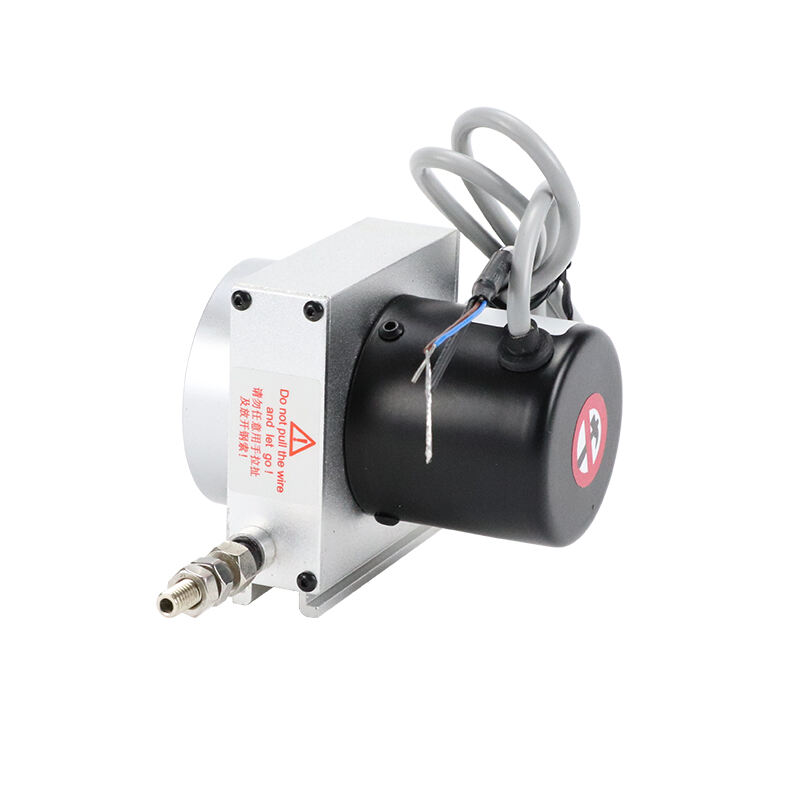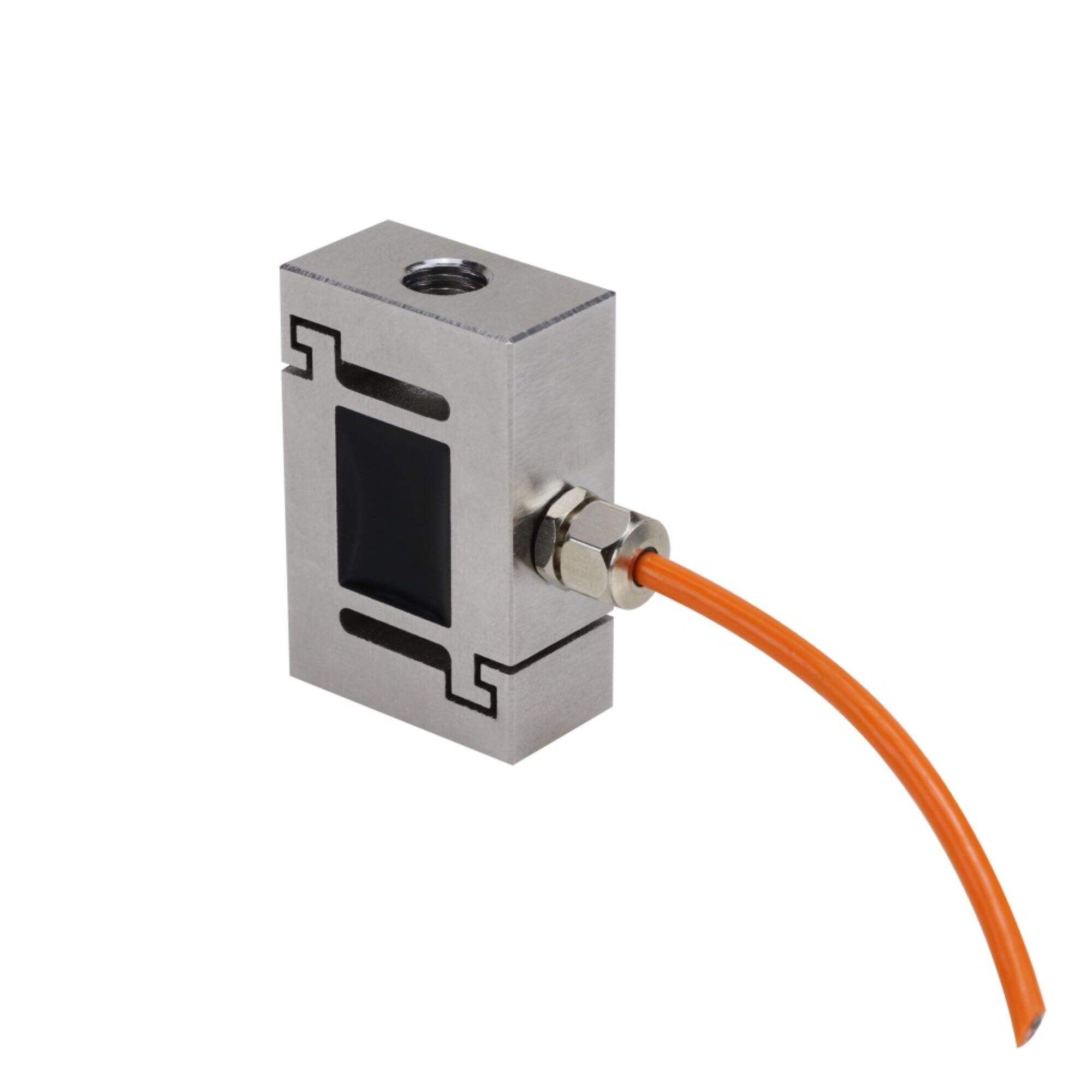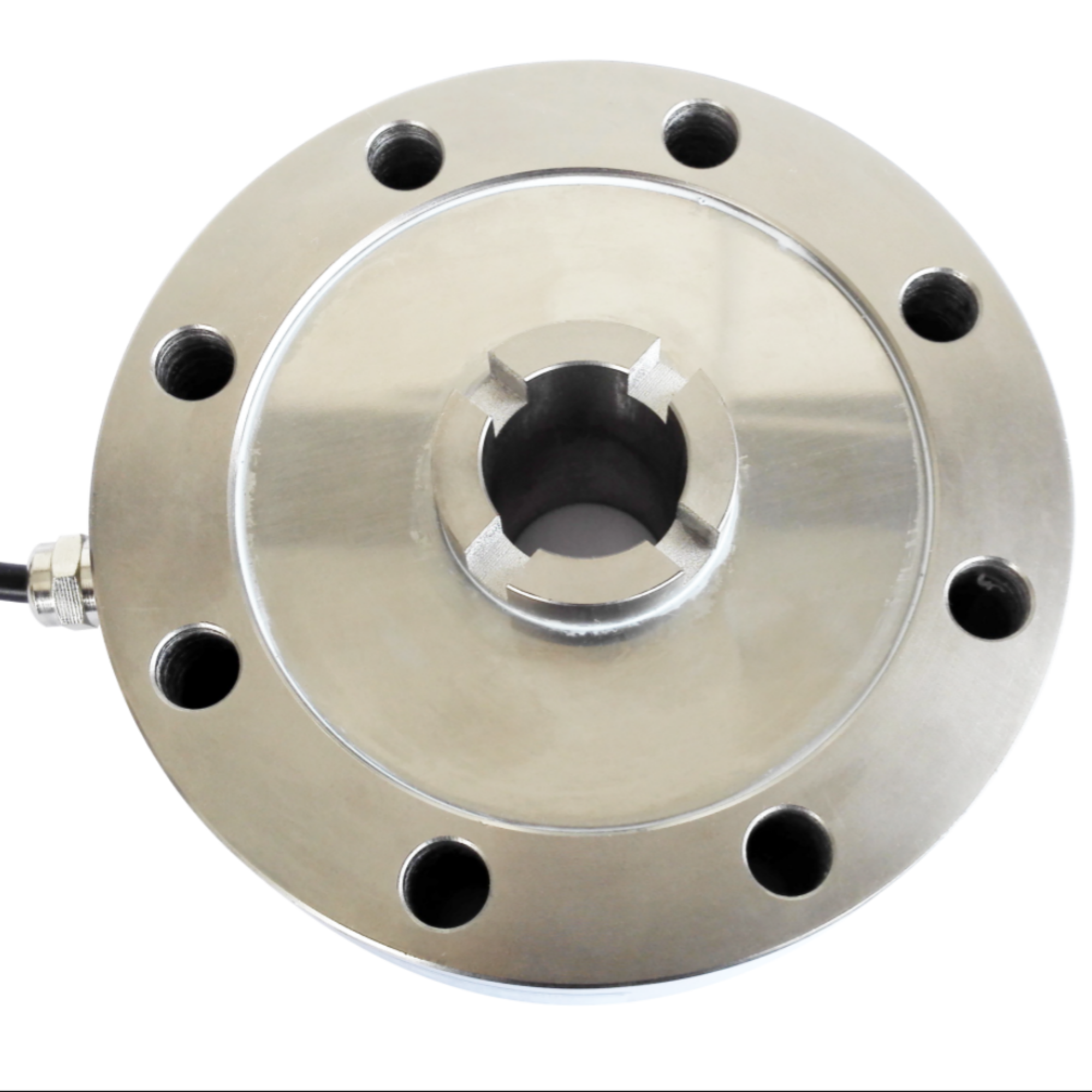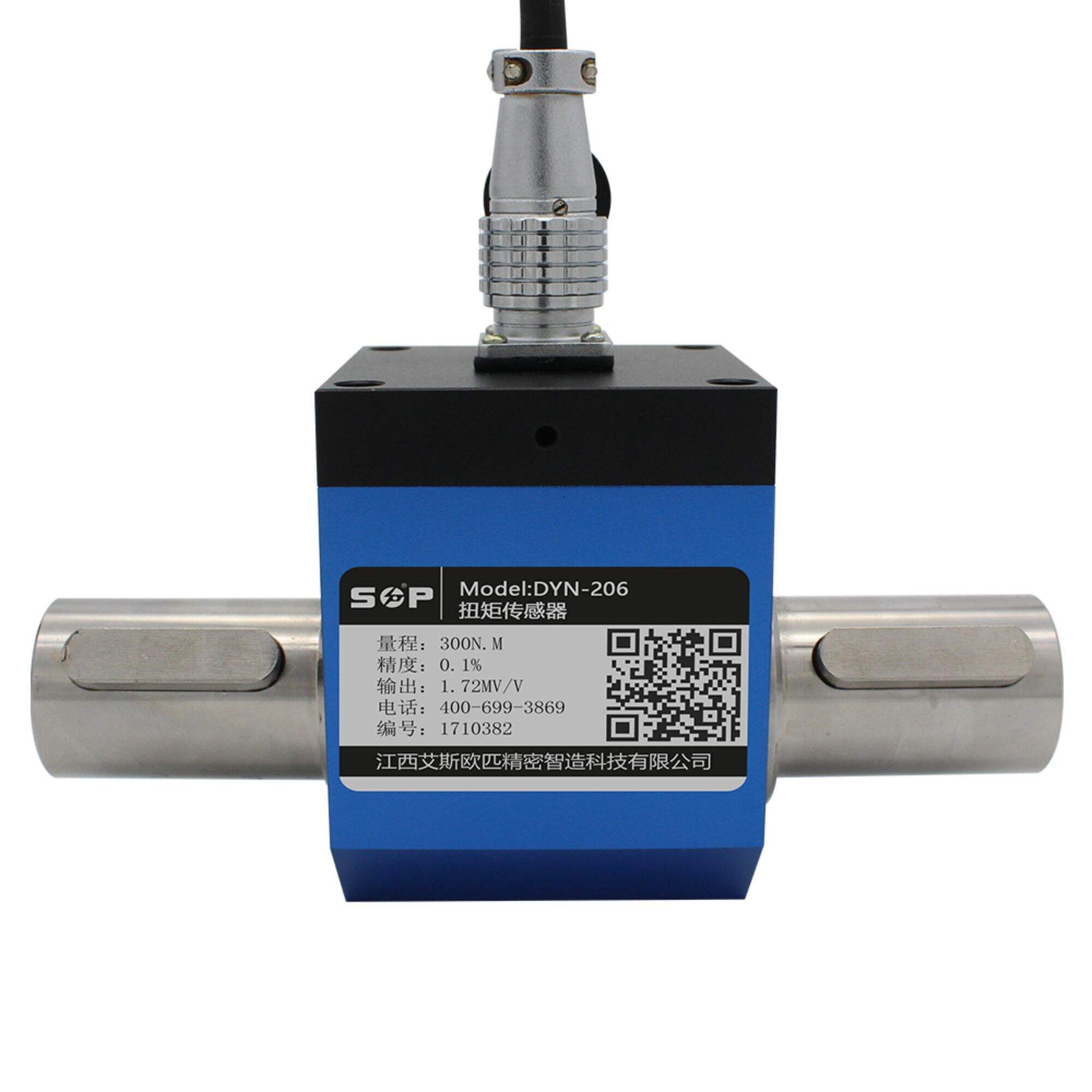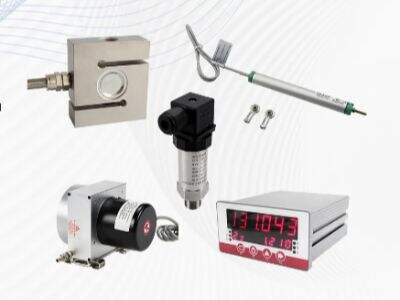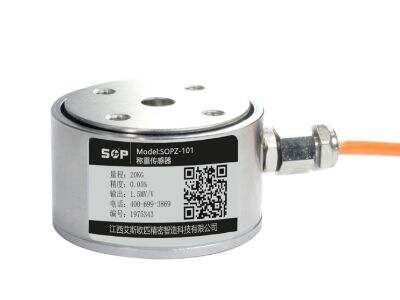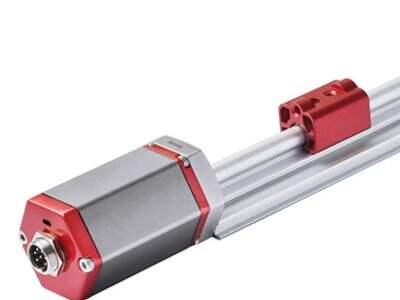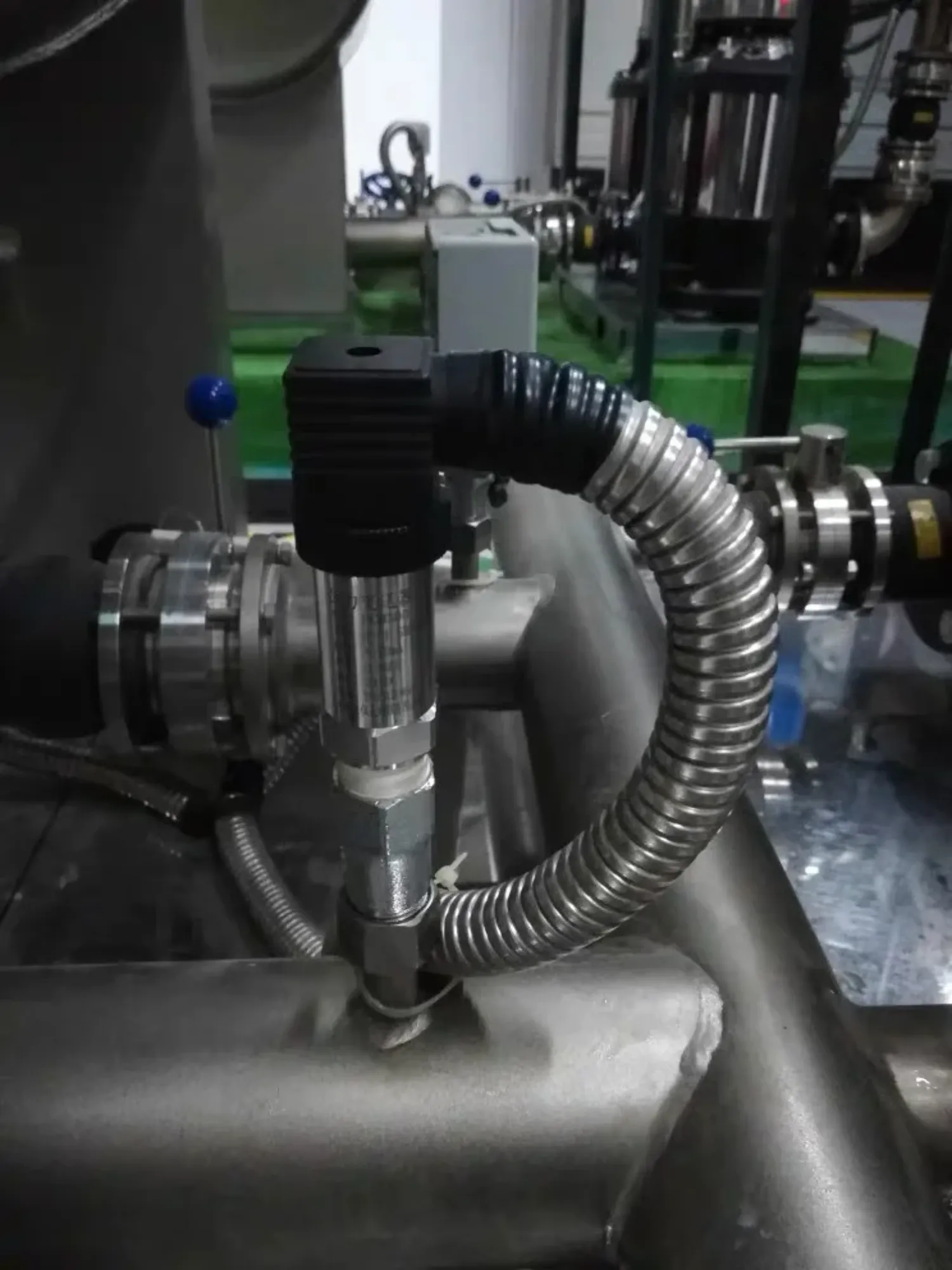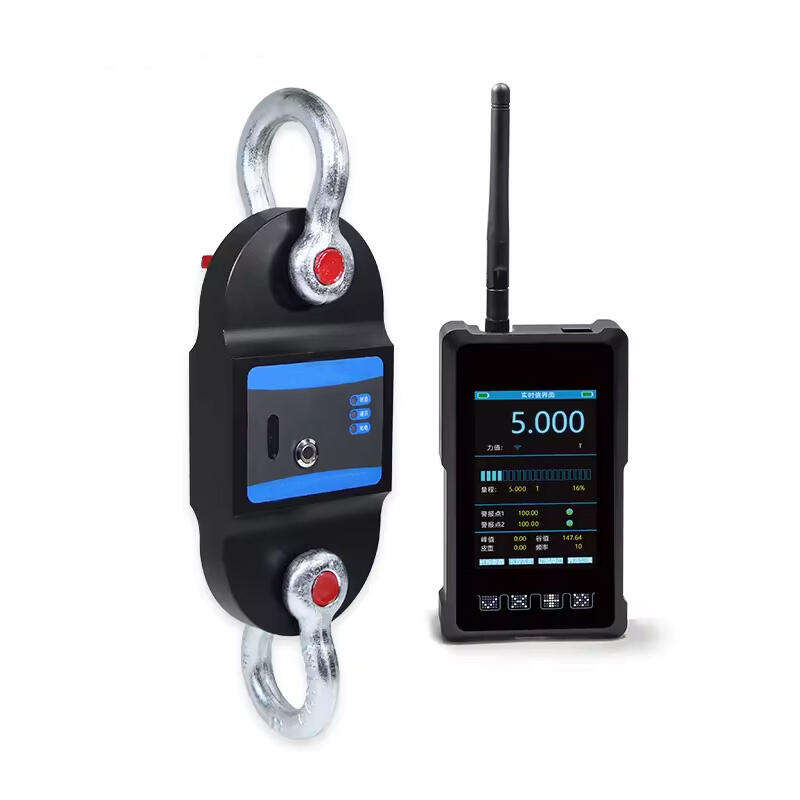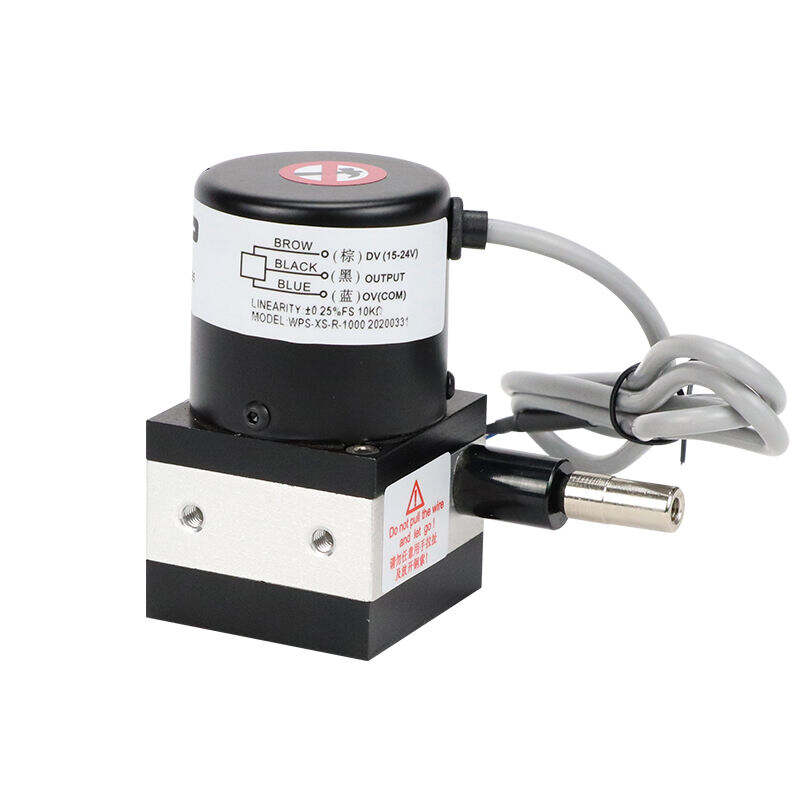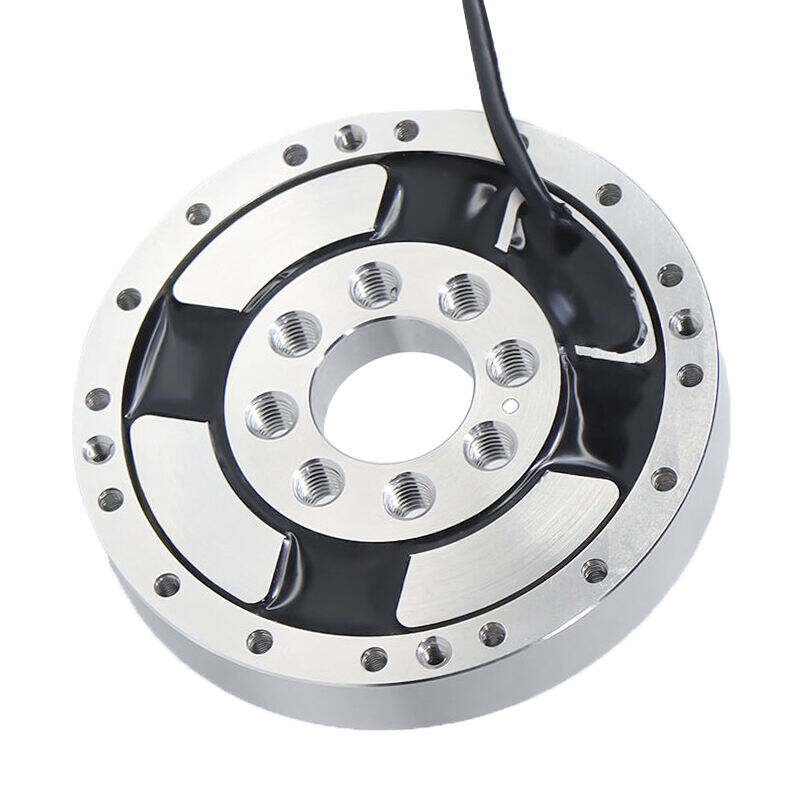micro weight sensor
The micro weight sensor represents a groundbreaking advancement in precision measurement technology, offering unprecedented accuracy in compact form. This sophisticated device utilizes state of the art strain gauge technology combined with advanced signal processing to detect and measure minute changes in weight and pressure. Operating on the principle of electrical resistance variation, the sensor converts mechanical force into measurable electrical signals with exceptional precision. The sensor features high resolution capabilities, typically measuring weights from milligrams to several kilograms with an accuracy rate of up to 0.01%. Its miniaturized design, often measuring just a few millimeters in size, makes it ideal for integration into various devices and systems. The sensor's robust construction ensures reliable performance across diverse environmental conditions, including temperature variations and humidity changes. In industrial applications, these sensors play crucial roles in automated manufacturing, quality control, and process monitoring. They are extensively used in medical devices, consumer electronics, automotive systems, and research equipment. The sensor's low power consumption and rapid response time make it particularly valuable for portable and battery operated devices. Advanced models incorporate digital interfaces for seamless integration with modern control systems and data acquisition platforms, enabling real time monitoring and precise control in various applications.

